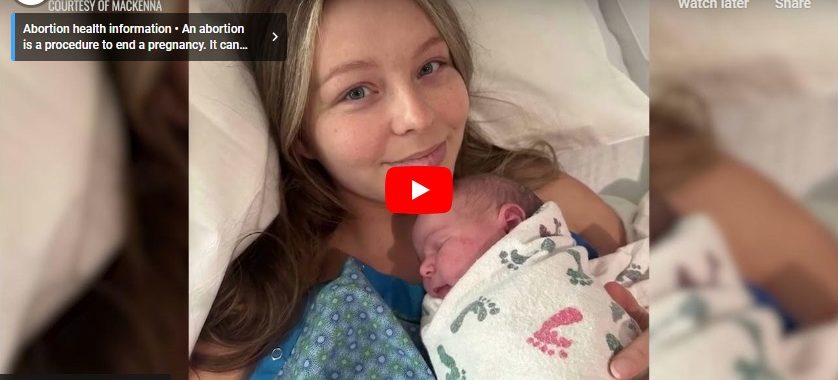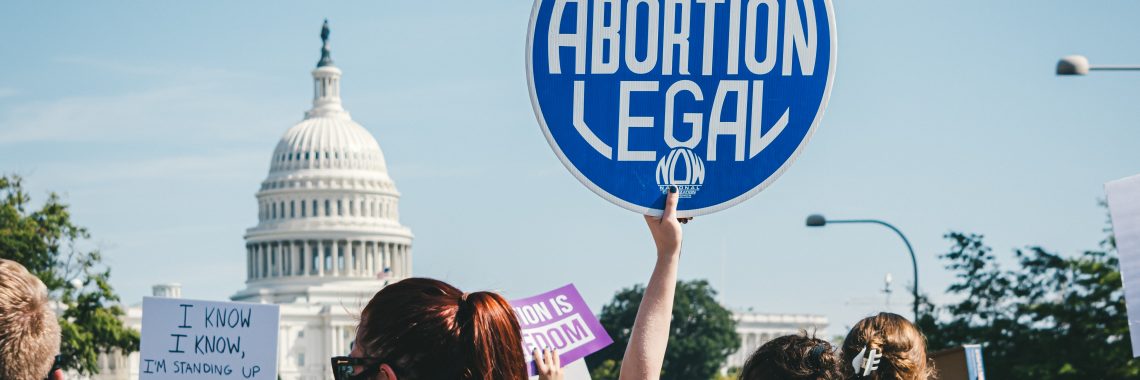Mackenna Says Abortion Pill Reversal Saved Her Baby
From our friends at Alliance Defending Freedom:
A Colorado woman delivered a healthy baby thanks to abortion pill reversal, but the state is trying to outlaw this life-saving treatment.
Soon after Mackenna took mifepristone, the first of two drugs commonly used in chemical abortions, she regretted her decision. She went online to find out if her abortion could be reversed. She was eventually connected to Chelsea Mynyk, a nurse practitioner and certified nurse midwife who runs her own clinic in Colorado and has offered abortion pill reversal (APR).
Chelsea began the APR process with Mackenna, which consists of prescribing women the naturally occurring hormone progesterone to try to reverse the effects of mifepristone. And in the summer of 2024, Mackenna gave birth to a healthy baby girl.
Unfortunately, a Colorado law would prohibit nurses like Chelsea from providing or advertising APR. Mackenna and Alliance Defending Freedom Senior Counsel Kevin Theriot told The Daily Signal how this law harms both women and their unborn children.




